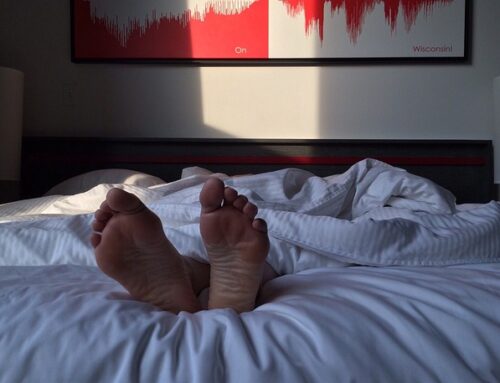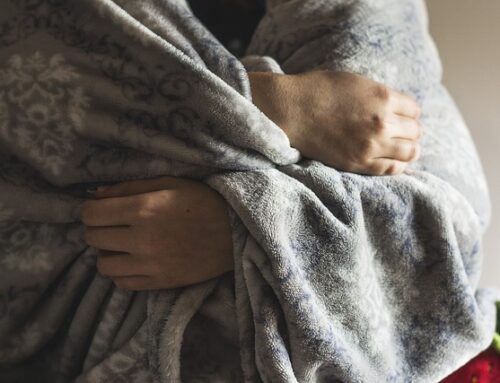May is often associated with Mother’s Day or the upcoming Memorial Day, but did you know that it is also Mental Health Awareness Month? It is, which means we have a duty to educate our patients, too. The color for mental health is green and can be seen all over. After all, Brandon Marshall began wearing lime-green cleats for mental health while playing with the Chicago Bears in October 2013.
Brandon Marshall and Mental Health
Marshal has been very public about his diagnosis of borderline personality disorder. And, since he violated the NFL’s dress code by wearing lime green cleats, he was fined $10,500. While he might have been fined by the NFL, the national news media bombarded him with attention so it did not fall upon deaf ears. Marshall ended up donating another $10,500 to a mental health organization.
Mental Health and Sleep Apnea
We face numerous struggles, both privately and publicly. And patients with sleep apnea aren’t just stuck dealing with its physical effects. Sleep apnea can also cause complications with:
Depression – A study conducted by the Centers for Disease Control and Prevention found that people with sleep apnea were more likely to experience depression than people without it. Disturbances in sleep can affect mental health and the stress of having it is enough to send some people into depression. However, sleep apnea is particularly likely to interfere with mental health because of the reduced oxygen supply to the brain at night, which can alter brain functioning and increase a person’s likelihood of developing depression.
Anxiety – Sleep apnea affects people while they’re sleeping, which can be particularly jarring. Some people have to wear special masks connected to continuous positive airway pressure (CPAP) machines to ensure that they breathe normally throughout the night and the threat of breathing problems can cause severe anxiety. In turn, this anxiety may make sleep problems worse and sleep deprivation will continue to contribute to both depression and anxiety.
Many problems associated with sleep apnea are interconnected—even stress throughout the day can make sleep apnea worse at night. With the availability of oral appliance therapy and other treatment options, we can help our patients not only find relief from their sleep apnea, but from mental conditions as well.
So, for the month of May and onward, let’s continue to educate our patients and help them to improve their sleep and overall health.





